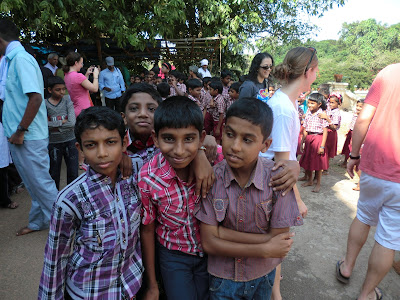On a recent Friday night, I found the free time to watch a TED talk by British economist Martin Jacques. He eloquently examined the rise of China as a global economic force. In May, I will be visiting China on a shortened study abroad trip organized by the Institute for International Business. Here are the key takeaways from his lecture.
China will continue to change the world
China’s population is 1.3 billion, and within a decade, it will have the largest economy in the world. For the first time in the modern era, a developing country will have the world’s largest economy.
We should not assume that modernity equates to Westernization.
China will remain very different than the West. We should not attempt to understand China in Western terms. We cannot understand China by using Western concepts. Attempting to comprehend China through a Western lense is the reason why we consistently misunderstand China.
China is not a nation-state, but a civilization state.
In China, family, Confucian values, and role of the state are shaped by culture rather than the state. China is enormous in terms of geography and population, therefore decentralized. However, the most important political value for the Chinese is unity. We were wrong about our prediction on the downfall of Hong Kong in 1997 because we had a nation-state mentality. China consists of one civilization yet many systems.
The Chinese state
Jacques pointed out that the state is given a special significance as embodiment of Chinese civilization. The government is viewed as patriarch of the family, and therefore, its influence is embedded in society in a different way that the West. The state’s authority flows into the economy and public infrastructure.
Unlike the West, the power of the Chinese state has not been challenged for 1000 years.
America must respond accordingly.
The world will be shaped by cultures we do not understand and are unfamiliar with. Given the rise of China and India, civilizations and cultures that didn’t have a voice now will have representation.

















































